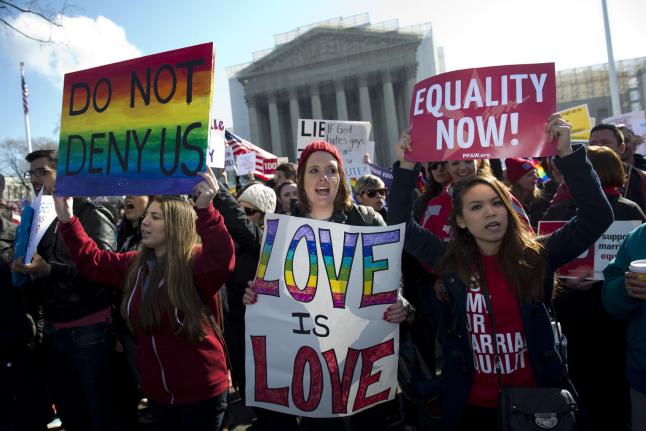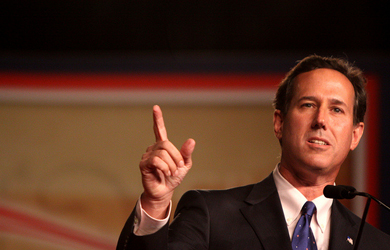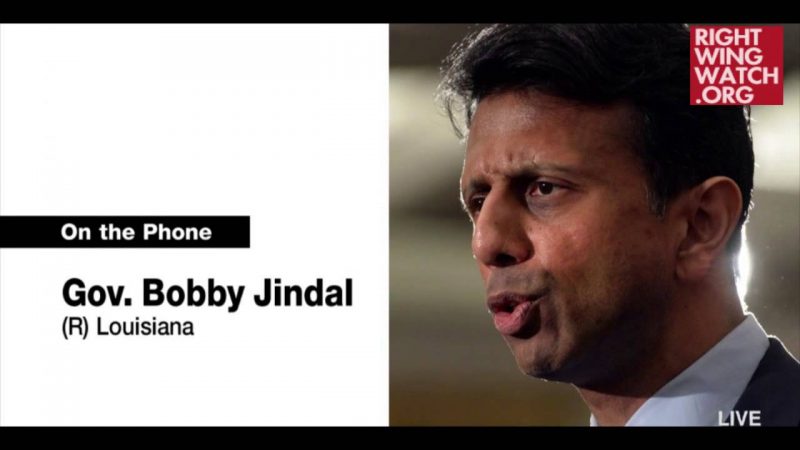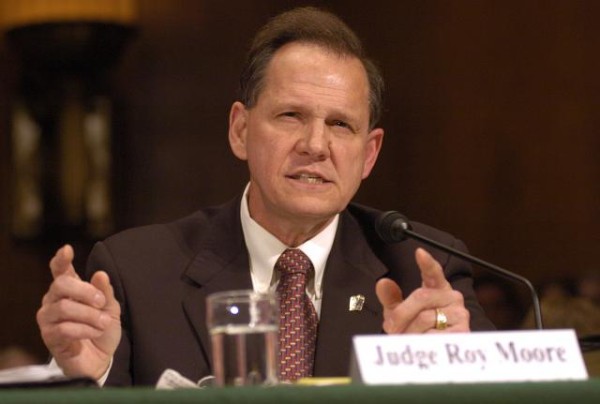Earlier this week, the New York Times reported on the efforts of a group of church-state separation activists, led by Todd Stiefel, who are trying to remove long-forgotten articles in seven state constitutions that require people holding public office to believe in God.
This did not sit well with Jake McAuley, the chief operating officer of Michael Peroutka’s Institute on the Constitution, who writes in BarbWire today that it is “impossible” for an elected official who doesn’t believe in God to fulfill his or her duties. “This isn’t about discrimination or bigotry,” he writes. “ It’s about ensuring that those holding office in America are committed to the true, lawful, American philosophy of government.”
Peroutka, who was recently elected to a county office in Maryland, has declared all laws passed by his state legislature null and void because the body violated “God’s law” by legalizing gay marriage.
Now, let’s be clear. Mr. Steifel may not believe that there is a God. And no one is forcing him to do so.
But if he doesn’t believe that God exists, it follows that he doesn’t believe that God-given rights exist either.
And if he doesn’t believe that God-given rights exist, then how would you expect him, if elected, to defend and protect those rights?
You see, when someone is elected to office he swears an oath to protect and defend the Constitution and the God-given rights that are secured thereby. To elect someone who does not believe that God exists, is to ask them to do that which is impossible for them to do.
The drafters of our state constitutions understood this simple logic and so they included these provisions designed to protect us from officeholders who do not share the American philosophy of law and government.
Think of it this way.
Suppose instead of not believing in God, Mr. Stiefel informs us that he does not believe that there exists a city called Cincinnati, Ohio.
By not believing in Cincinnati, Mr. Stiefel breaks no law that we can punish him for.
But now suppose that a few of us have decided to take a bus trip to visit Cincinnati. We advertise for a driver for the bus and Mr. Stiefel answers our advertisement.
Is Mr. Stiefel qualified to drive us to Cincinnati?
Do you see the problem? Once he started the bus, what would Mr. Stiefel do next? How would he get us to a place the existence of which he denies?
Of course he is not qualified. He not only doesn’t know the way. He doesn’t even believe that there is a way. He is not qualified to take us to a place that, in his own mind, does not exist.
So this constitutional requirement that an office holder must believe in God is a logical and consistent protection against those who might drive our constitutional republic in a bad direction.
This isn’t about discrimination or bigotry. It’s about ensuring that those holding office in America are committed to the true, lawful, American philosophy of government.







